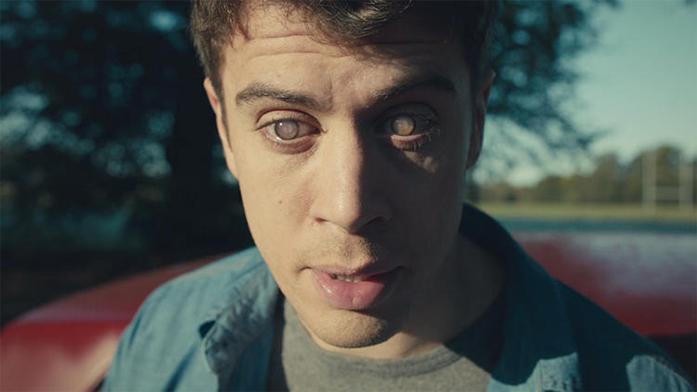By Marcus Brown
The television show “Black Mirror” is a British anthology reminiscent of Rod Sterling’s surreal and often terrifying television show “The Twilight Zone,” only adapted for the modern age. The focus of the show tends to be on highlighting the potentially horrifying implications that can result from the progression of technology in the digital age, and as I consider myself a borderline luddite, it is usually more than enough to keep me up at night.
A third season of the show was commissioned by Netflix in September of last year and was made available for viewing this past October. The first episode of the show takes a shot at the rise of social capital by depicting a futuristic and picturesque pseudo-utopia where the primary currency is popularity and feigned empathy.
The viewers are quickly shown that a world dictated by public displays of kindness and stringent adherence to etiquette will, more often than not, result in just the opposite. In the show we follow a plucky female protagonist willing to do just about anything to raise her social standing, which is numerically quantified in a manner that operates similarly to a combination of follower to following ratio on social media and a credit score.
Harsh disparities are shown between those with high amounts of social capital and those who do not. While the premise is supposed to be fictitious, it is certainly possible in the near future.
In our current economy, the importance of social capital has grown from niche components of unique business to part of our everyday lives. It is no longer a crazy idea to get a ride to work from a complete stranger via apps such as Uber or sleep in a stranger’s home for extended periods of time via services like Airbnb.
These types of businesses operate on a model that allows us to rate and be rated by our peers on criteria different from those of the past. We can go online and see how physically attractive the professor of a class we are considering taking or the friendliness of the staff at almost any given restaurant. However, by trying to quantify these aspects of personality and attitude we create an incentive for creating performative and ultimately deceitful versions of ourselves.
In the pivotal moment of the episode, our protagonist is stripped of her social capital and finds herself denied even the most basic kindness and decency by those around her. She is then faced with the attitude she previously displayed toward others with a similar lack of social capital. She comes to realize that the value people were accumulating, which was supposed to correlate with their integrity as an empathetic human being, was actually done so through behavior that categorically opposed the grading system.
Ultimately, it became apparent that there is no algorithm that can account for a true representation of a person’s merits and values. This is an idea that we should adopt now, before near future becomes actual reality.
There is an obvious usefulness in being able to vocalize and record the quality of our experiences with others, but that should not be our primary goal. We should not just be kind as to be seen being kind, and we should not be respectful in the hopes that we may develop a reputation for being respectful.
We are at our most genuine when there is no audience, but the idea of ever not having an audience is slowly becoming extinct. We live in a world where we are expected to be observed at all times and chronicle even the most insignificant minutiae of our daily lives, and so it is not surprising that the possibility of a world centered around curating others perceptions of ourselves seems so close at hand.
The moral of the story is simple. Be a good person not because you are scared of a bad review. Be a good a person because you are one, because at the end of the day you will always be more than what we people perceive you to be.



